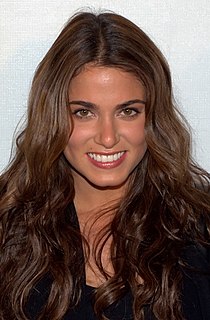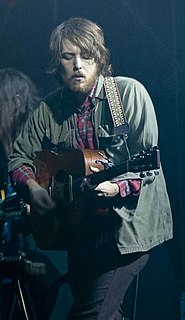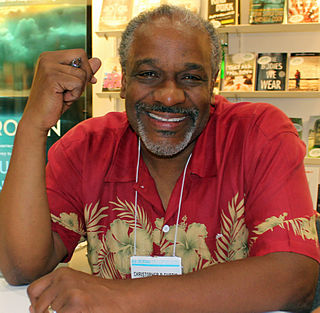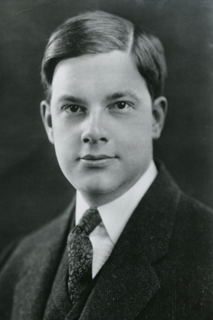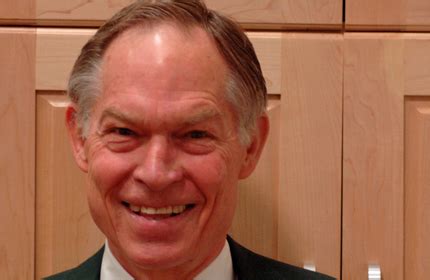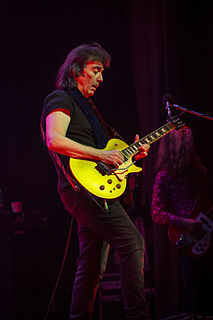A Quote by Ta-Nehisi Coates
I feel some need to represent where I'm from. But ultimately, I think my only real responsibility is to - as much as possible - interrogate my own truths. This is to say not merely writing what I think is true, but using the writing to turn that alleged truth over and over, to stress-test it, in the aim of producing something readable.
Related Quotes
I think all writing is political. All writing shows a preoccupation with something, whatever that thing might be, and by putting pen to paper you are establishing a hierarchy of some sort - this emotion over that emotion, this memory over that memory, this thought over another. And isn't that process of establishing a hierarchy on the page a kind of political act?
You'd hope that no writing about music could supersede the music itself. But I do think that blogs mirror the way that we are listening. It comes at you fast and it's timely and then five minutes later we're on to something else. It caters to our desire for instant gratification. And I think blogs also have fluidity that's exciting. You have a lot of real enthusiastic music fans for the most part that are writing sometimes for a large audience, and I think certain blogs have a little too much power over what someone likes or doesn't like.
I try to make the writing as regular and regimented as possible. I usually get up at around 5 a.m. and read what I wrote the day before. Some of the time, after I read, I think the writing's very good and some of the time I feel embarrassed by what I've written. You have to learn not to pay too much attention to these feelings.
Some things lend themselves well to songs, some things don't, and I'm learning that a lot at the moment. It's still a relatively new way of writing. It's only really the last five to 10 years that I've taken my writing seriously in this way, as something I can keep working toward. I think I feel myself much more before as simply a songwriter.
At present, I am a poet trying to be a soldier. To tell the truth, I am not interested in writing nowadays, except in so far as writing is the expression of something beautiful ... The only sort of book I care to write about the war is the sort people will read after the war is over - a century after it is over.
When I'm recording, which is synonymous with writing, I'll play things over and over again until it sounds like I've got the right guitar part. Whereas I think, as the much younger player I tended to do things much more consciously. I didn't wait for the moment where inspiration might strike. That's what I do now. I wait for it to naturally start to replay itself in my mind. As I say, I don't force it. So I like to think of myself as a receiver. I'm a telephone line to who knows where, but until I hear it through that receiver, I don't usually do it. It's got to start writing itself somehow.
I try to tell student writers to read as much as possible, not only literature but philosophy, theory, and to form obsessions. There's a big taboo in fiction creative writing workshops against using the self at all, and I think I try to encourage students to write the self, but to connect the self to something larger, which is to be this thinking, seeing, searching, eternally curious person, and that writing can come out of investigating and trying to understand confusion, and doubts, and obsessions.



